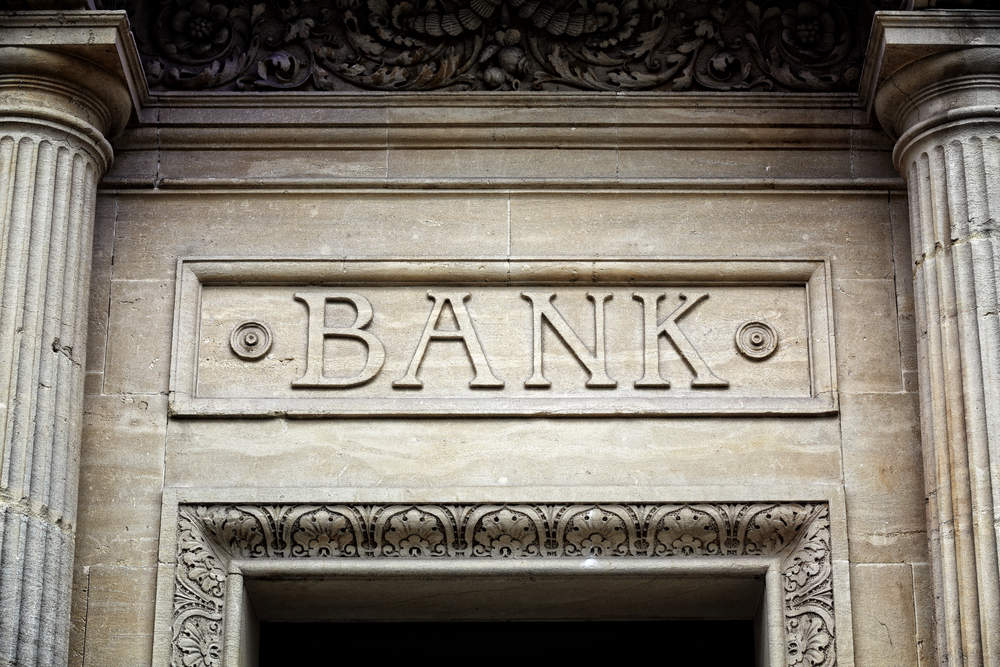The world of banking has changed dramatically. As RBI celebrates issue 750, Briony Richter looks back to issue number one, published in May 1981, to see how the landscape of banking has transformed in the last 37 years
From the rapid rise of electronic payments and digital technologies, to AI automation and branchless banks, the way we bank today would be unrecognisable to the industry in 1981.
So, let us step back to what RBI reported in May 1981 to see the extent to which banking and the UK market have progressed.
Current accounts
The most astonishing difference is the number of Brits without current accounts in 1981 compared to today.
The first issue of RBI explored the unbanked in the UK. In 1981, it reported that, although the UK was considered the banking capital of the world, a staggering 45% of adults did not have a current account.
The article, The UK – a market opportunity, quoted Frank Stankard, senior executive of international banking at Chase Manhattan Bank, as saying: “In some ways, England has some aspects of an underdeveloped country.”

US Tariffs are shifting - will you react or anticipate?
Don’t let policy changes catch you off guard. Stay proactive with real-time data and expert analysis.
By GlobalDataRBI in 1981 reported that although 45% of UK adults did not hold a current account, only 15% were without any form of account. The article highlights: “The message seems to be that a large number of British adults manage quite well without going near a bank.”
At least in terms of financial inclusion, the UK has improved. Around 46 million people in the UK now hold current accounts. According to the Financial Inclusion Commission, the UK ranks ninth in the world in terms of banking inclusion; furthermore, it reports that only about half of the unbanked population would like a bank account.
However, existing from day to day using just cash was a lot easier in 1981; today, the UK has some 1.5 million unbanked citizens. Without so much as a current account, the unbanked population is excluded not just from access to mainstream credit and banking services, but from making basic transactions in the growing number of stores that no longer accept cash.
Takeover battle
Between the late 1970s and early 1980s, the UK was engulfed in battles to take over the Royal Bank of Scotland (RBS). In 1981, RBI reported on these controversial bids; the two main contenders were Standard Chartered Bank and HSBC.
Initially the offer from Standard Chartered Bank was approved by the Bank of England. However, HSBC swooped in with a rival offer. At the time, HSBC had no presence in the UK, and although Standard Chartered had headquarters in London, the bank had no retail presence in the UK.
The bids came under political scrutiny as the UK government was opposed to a takeover by HSBC, and eventually both bids were referred to the UK Monopolies Commission to be investigated.
Racing forward to 2018, one wonders what would have become of RBS had it been acquired by Standard Chartered or HSBC. Currently, the bank is having its own troubles. Leaders of RBS have been accused of lying to MPs amid claims that staff at banks poised for closure have continued to be given targets on convincing customers to go digital.
CEO Ross McEwan appeared before the Scottish Affairs Committee on 8 May to argue the case for closing a further 62 branches.
Cash to cashless
In 1981, RBI reported that transactions by card witnessed a tenfold increase between 1971 and 1979. However, Brits were not taking to the new payment form too easily, with card payments representing less than one household in 15. In the 1980s, cash was clearly still king.
The dominant credit card provider in the UK at the time was Barclays, powered by Visa. The bank was the first to launch a credit card in 1966 and, according to RBI, in April 1981, 5.5 million people in the UK used a Barclaycard.
Fast-forward to today and cash has definitely lost its crown – in fact it is not even in the running as the competition now firmly stands between digital payment methods.
According to a report by CACI, mobile banking is set to soar past usage of online banking by 2019. The data analyst predicts that 35 million people – 72% of the UK adult population – will conduct their banking tasks through a mobile phone app by 2023.
Visiting a branch in 1981 was extremely common and frequent, as many employers still paid staff in cash or by cheque. CACI has predicted that by 2023, the average person will only visit a branch twice a year.
Just two years after RBI’s first issue, online banking hit the screens of the UK population. That changed the whole landscape as traditional face-to-face banking started to lose out to digital solutions.
The transformation in how we bank has been astounding– and the revolution is only going to continue.









